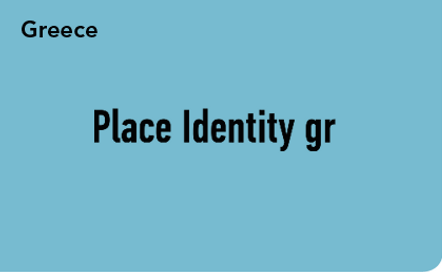intro-
duction
This report gathers the processes and results of the action research projects that took place within the framework of Learning Communities for Peace, a European project funded by Erasmus+ Programme of the European Union as a Strategic Partnership Project (2016-1-SE01-KA201-022164) and the Evens Foundation. The project was launched in November 2016, with the firs partners’ meeting in Sweden, and lasted until 31 of August September 2019.
The six project partners (Belgium, Sweden, Croatia, Greece, UK and Spain) that formed a consortium to run the project offered a combination of unique expertise in peace education and community- building strategies, and in research, /higher education and practice. Additional funding was asked for three subcontractors (an evaluator, a graphic designer and a web-developer online toolbox ). Four project partners (Sweden, Croatia, Greece and the UK), the so-called operational partners, searched for a pilot school to cooperate with. As the UK found two schools a total of, and five primary compulsory schools were linked to the project.

conclu-sion
One of the central questions of the project is: Can schools and the communities surrounding them engage in the kind of sustained dialogue, integration and peacebuilding that is so urgently needed, and, if so, how can they do so? In revisiting this question, we have to admit that we were somewhat overambitious when conceptualizing the Learning Communities for Peace project.
Soon after the start of the project, during the Joint Staff Training, we realized that, to be true to the main principles of the project – uniqueness, ownership, participation – the project partners should not tell the schools who to work with. Nor should we define for them what it meant to be a Learning Community for Peace. Realizing this early on helped the operational partners to redefine and reinvent their role during the process. We noticed also that this made the relationships between the pilot schools and the operational partners more egalitarian. We were in this together: reflecting, planning, acting and observing. In the end, this process of searching turned out to be the major strength of the LCP approach.





